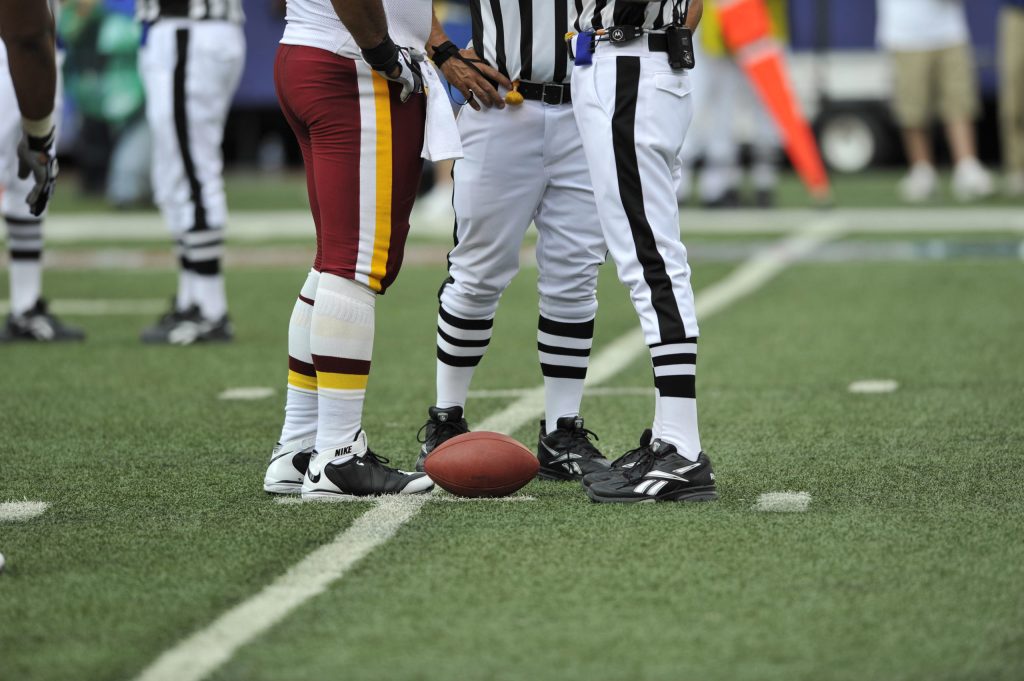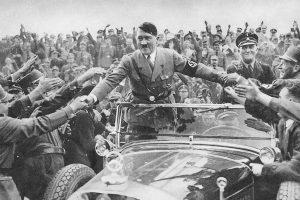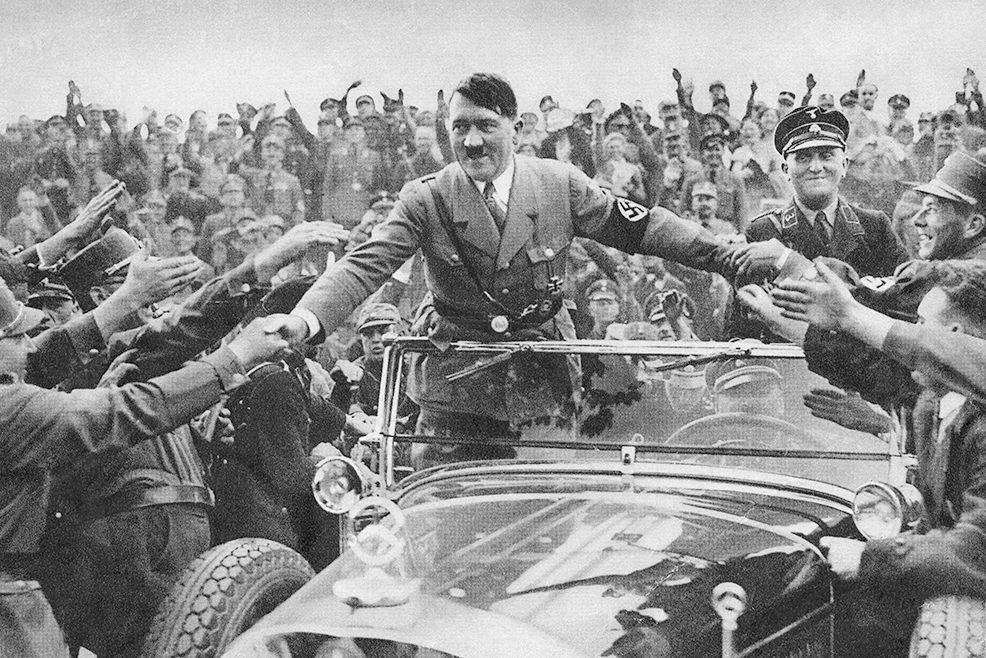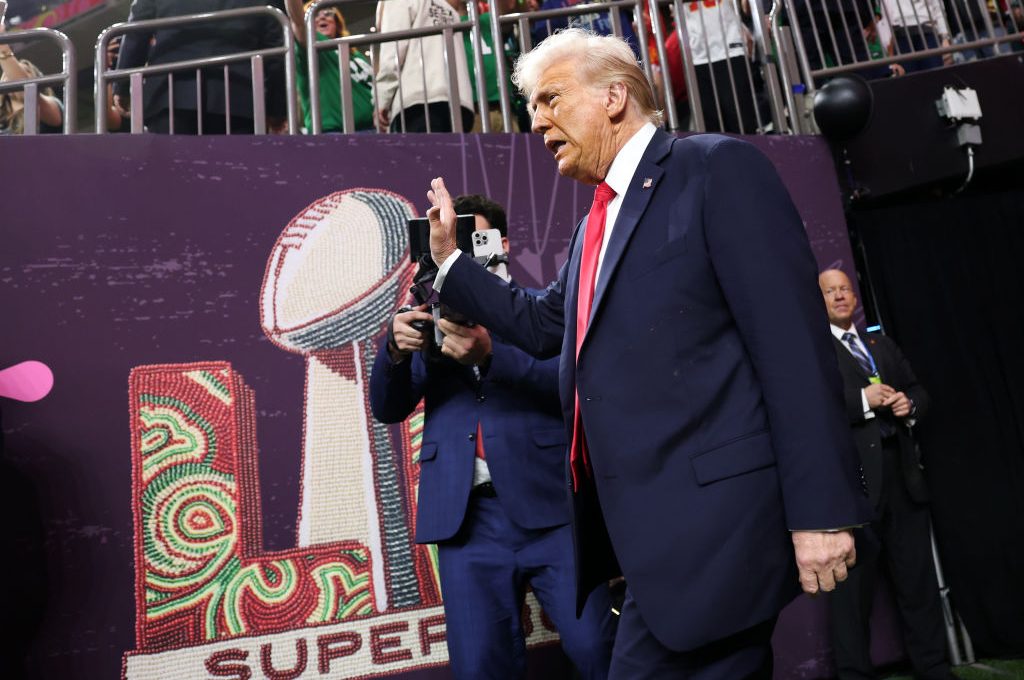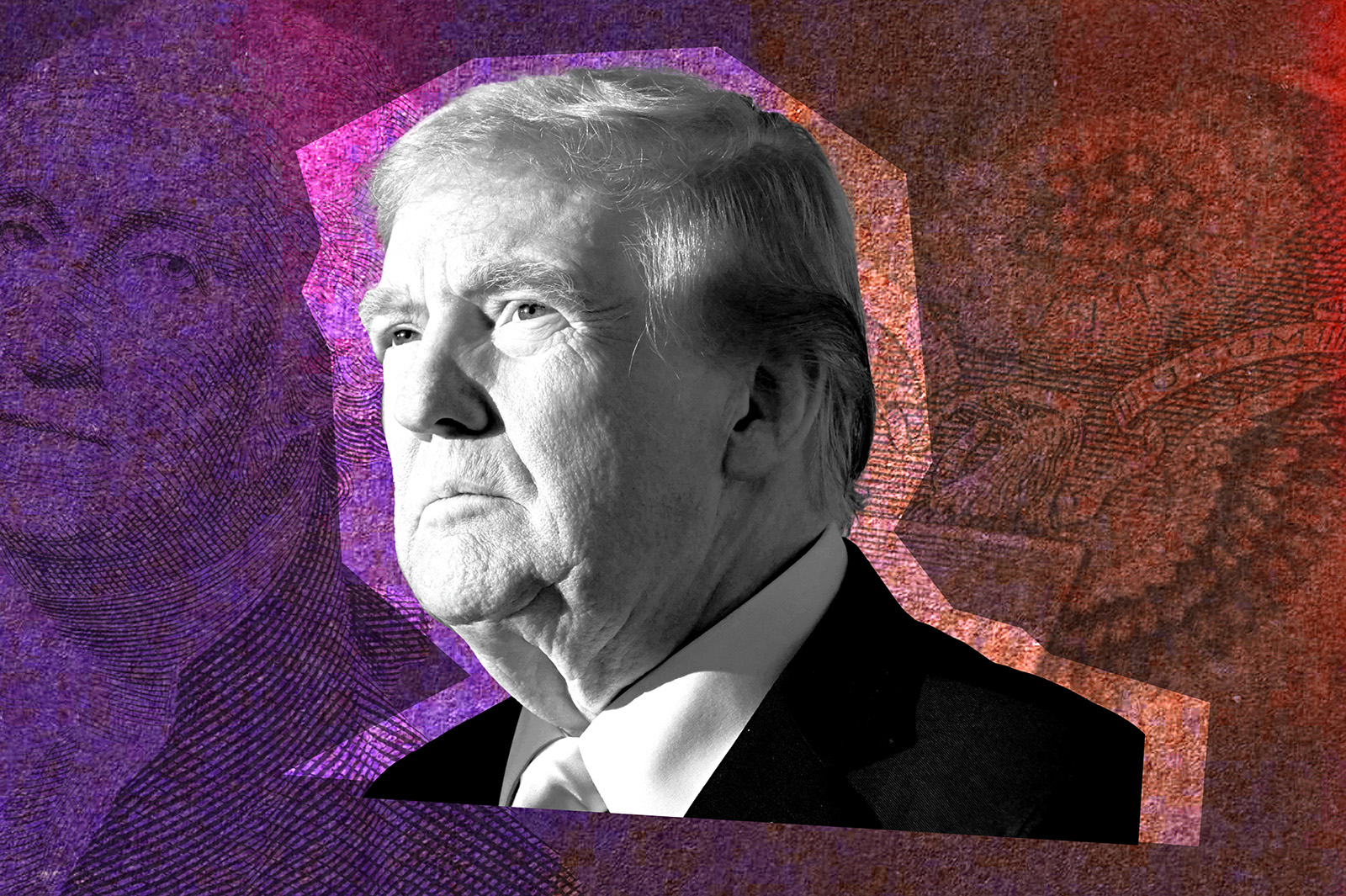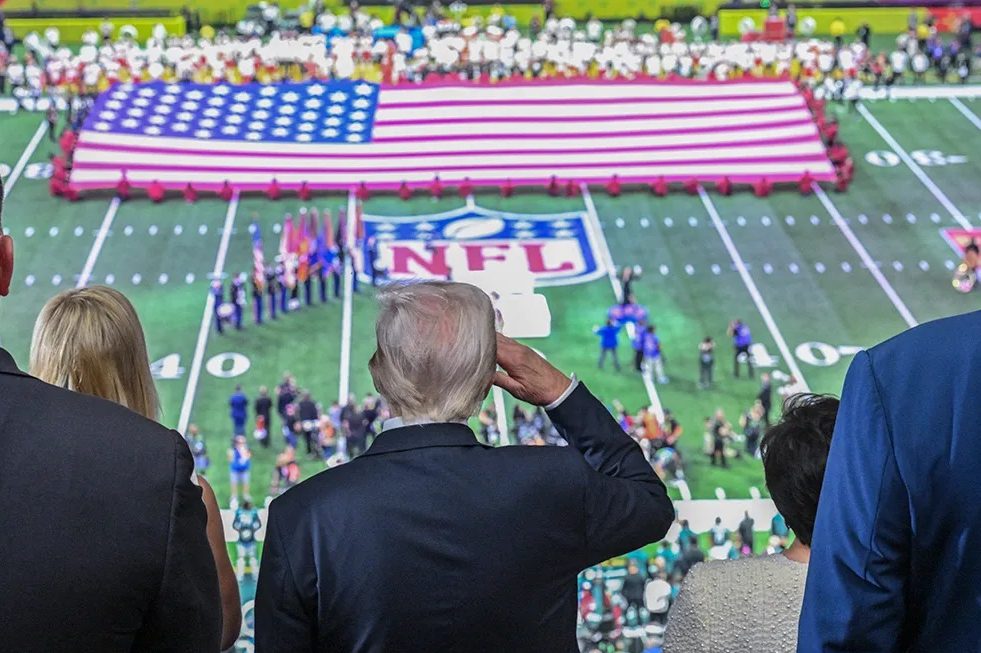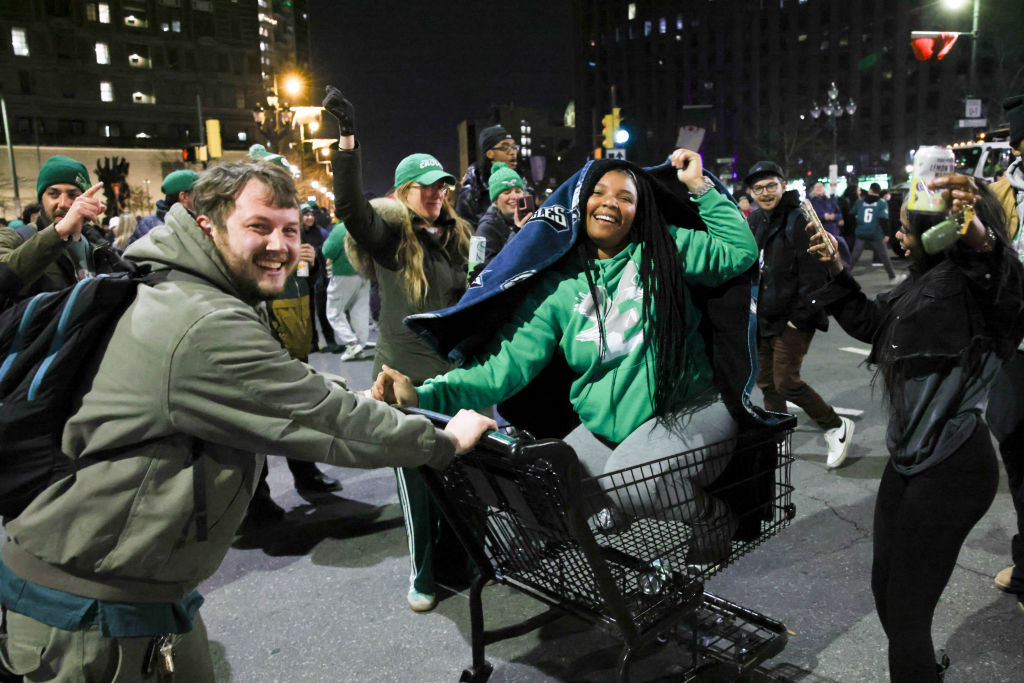In Sunday’s AFC Championship game, the refs played a role in the outcome, as they sometimes do in the NFL.
Most glaringly, at least according to some fans, the officials in the fourth quarter gave the Chiefs an additional attempt at a third down when they ruled they’d whistled the action dead before a failed Kansas City play, citing the fact that the game clock had begun to tick again despite the Chiefs’ second-down play being an incomplete pass. On the Chiefs’ next attempt at third down, quarterback Patrick Mahomes was sacked. However, Cincinnati cornerback Eli Apple was called for defensive holding, extending the drive.
Kansas City ended up winning the game 23-20 to advance to Super Bowl LVII. The Chiefs didn’t score any points on the drive extended by the Apple penalty; they instead punted the ball away from their own forty-yard line with the game tied 20-20 with 9:23 remaining. Then Cincinnati’s Joe Burrow threw an interception on the following Bengals possession. Nevertheless, that sequence, as well as a few other plays, have been cited by hordes of fans on social media as evidence that the NFL rigged the game for the Chiefs.
Oddly enough, it was Kansas City fans just days before who were crying foul about the refs. Five days prior to the AFC Championship, the league announced that Carl Cheffers will be the lead referee for the upcoming Super Bowl, a job he has done twice before, including in Super Bowl LV.
As some might recall, the Chiefs were throttled in that title game by Tom Brady and the Buccaneers 31-9. Cheffers’s work in that game, as well as two Chiefs games this season, in which he levied penalties that accounted for 20 percent of Kansas City’s penalty yards all season, inspired more than a few KC fans to howl about the NFL supposedly rigging the Super Bowl against their beloved franchise before the team had even qualified.
Right around when Chiefs fans were having a meltdown about Cheffers, a story was still swirling about how viewers had sworn that Damar Hamlin did not actually appear, as ostensibly shown on TV, at the divisional round playoff game between the Bills and the Bengals. This was partly for political reasons, as those opposed to the Covid vaccine had speculated that Hamlin’s cardiac arrest was actually the result of an adverse reaction to the vaccine, and that his blurry and masked appearance on the divisional round playoff broadcast was a body double. Others no doubt noticed the less-than-clear footage of Hamlin on the broadcast and were hoping to stir the pot.
Hardcore NFL fans having a persecution complex about their favorite team is hardly new. And yet this frenzy can’t be attributed to the usual heightened emotions of the postseason.
To some degree, this is simply the culture now. Institutions like the NFL have done plenty to betray the public’s trust, and so those seeking explanations have invariably settled on seedy corruption as a catch-all excuse for everything. And while most of this might be off the mark, it’s hard to fault the instinct to distrust the official line from the NFL.
At the same time, cries about the league being rigged come as gambling on it is more popular than ever, or at least more mainstream than ever. This lends credence to the idea of much of this being social media shit-stirring and attention-seeking — and the fact that many fans are simply sick of the Chiefs and were rooting for the ascendant Bengals. Still, there’s a funny disconnect in how strongly the NFL polices one idea of the sport’s integrity over another.
The league is concerned enough about the integrity of the sport from a gambling standpoint to have suspended Falcons wide receiver Calvin Ridley for wagering on his own team to win. Yet when it comes to the received wisdom among football experts that holding can be called on every play, and that judgment calls like pass interference can and do swing games, and that sometimes critical plays are wrongly whistled dead, there’s not much to be done, and no suggestions to consider.
A ban on player gambling would obviously be easier to implement than an overhaul of the sport’s notoriously byzantine rulebook. That’s fine — the NFL doesn’t even need its own Tim Donaghy scandal. The potential for distrust is already there.



